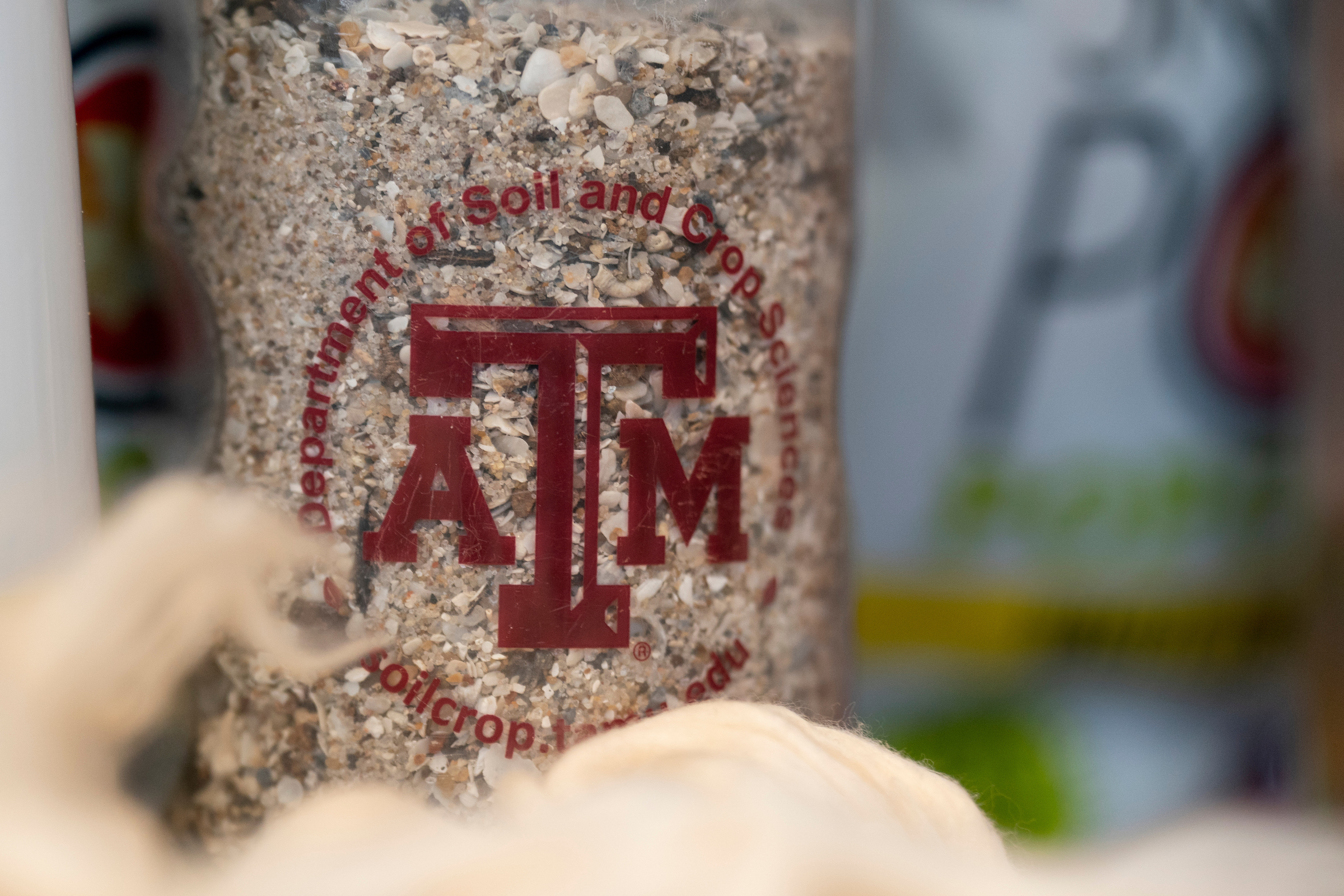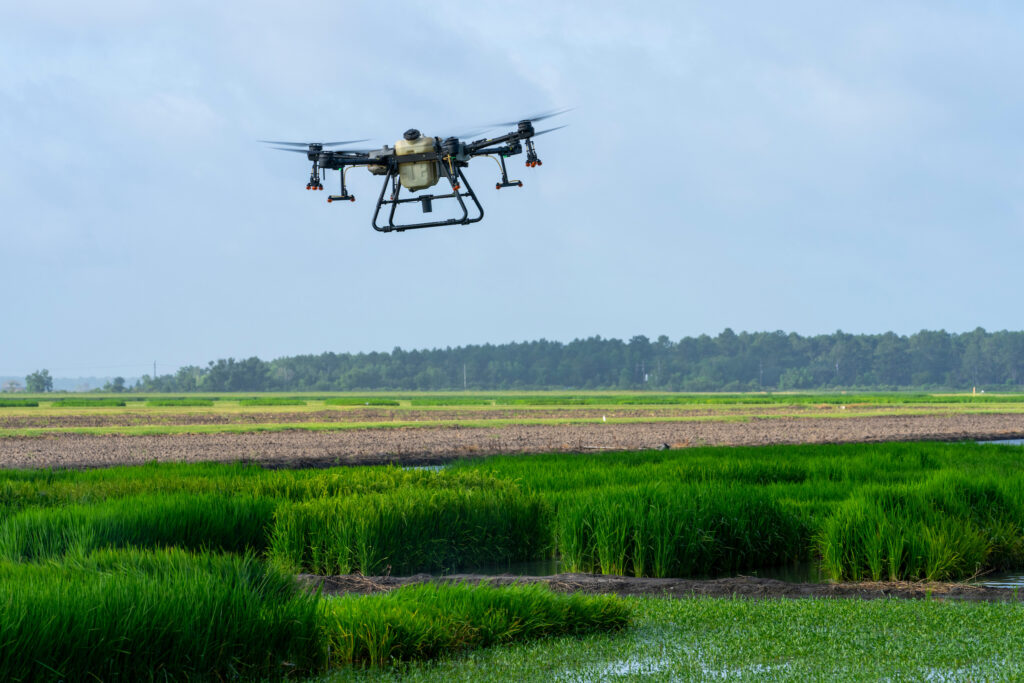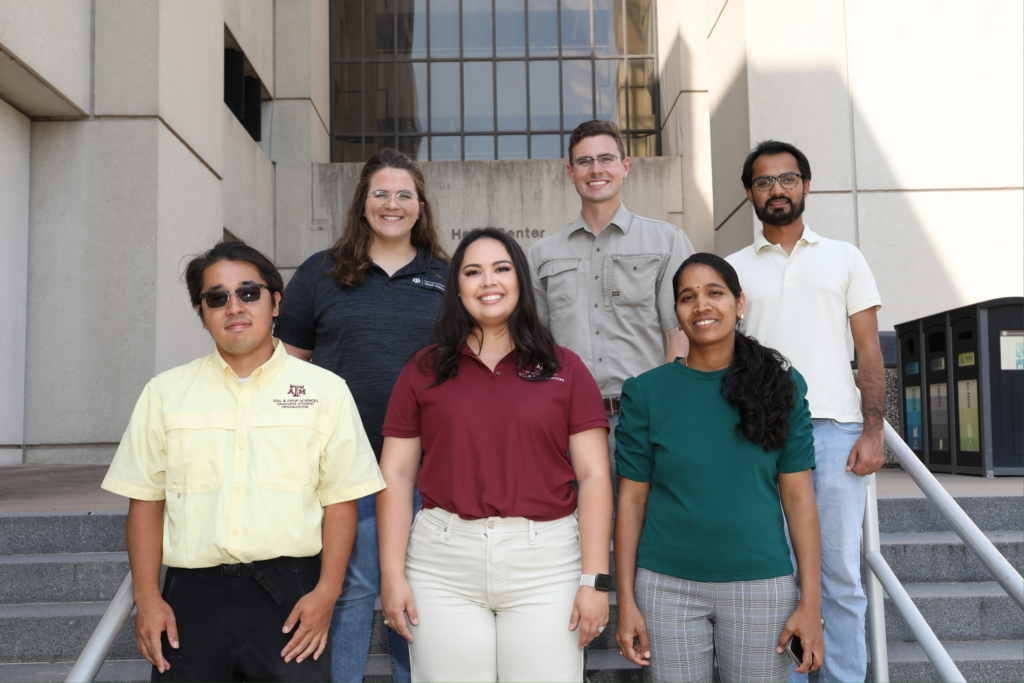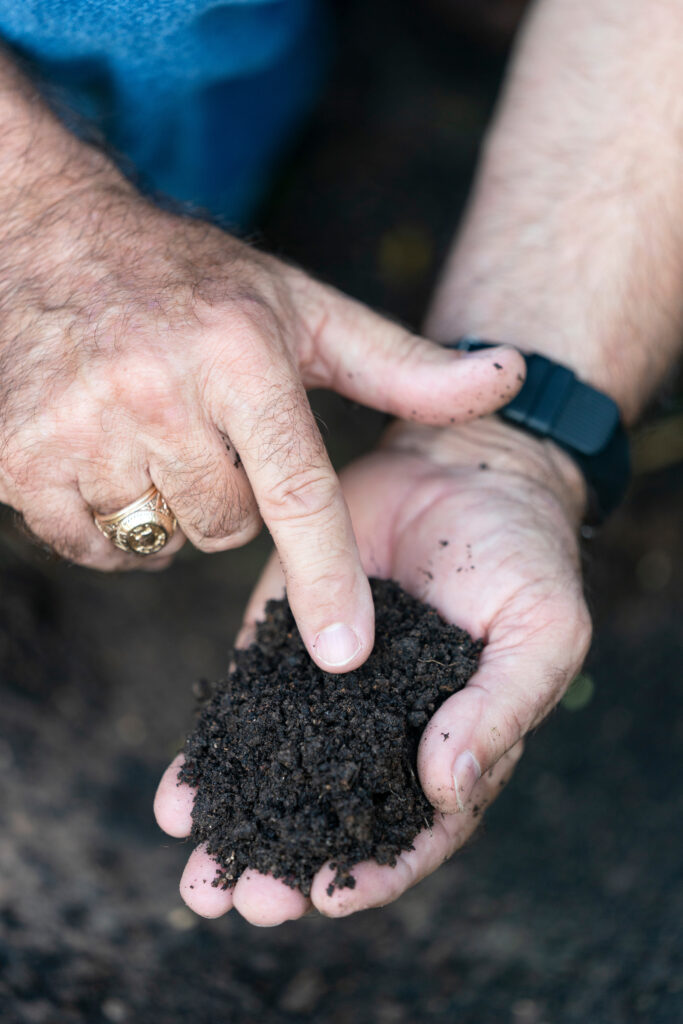
Graduate Degrees
The Graduate Program of the Department of Soil and Crop Sciences is designed to prepare students for careers in research, teaching, extension, industry, and management of agronomic enterprises. Members of the faculty have expertise in biological sciences, biotechnology, cereal chemistry, crop breeding and genetics, cooperative extension technology, crop physiology, cytogenetics, ecosystem management, environmental physics, environmental sciences, environmental soil science, environmental toxicology, genetics, invasive weed species, microbiology, molecular biology, molecular genetics, physical sciences, plant physiology, protein chemistry, quantitative plant genetics, soil chemistry, soil fertility, soil genesis and classification, soil hydrological sciences, soil microbiology, soil mineralogy, soil physics, turfgrass science, turfgrass management, urban ecosystem management, water quality, watershed management, and weed science.

Distance Education
The Soil and Crop Sciences Department at Texas A&M University offers a wide range of distance education opportunities. The plant breeding distance education program offers online Masters and Ph.D. degrees in Plant Breeding as well as a robust continuing education program for agriculture professionals seeking further plant breeding education but who are not interested in a degree program. Additionally, the Regulatory Science in Food Systems program, administered by the Office of the Texas State Chemist, provides professional development in the field of regulatory science through an online graduate Certificate in Regulatory Science in Food Systems or online professional development courses.
Graduate Funding Opportunities
To learn more about graduate funding opportunities please see the Graduate Scholarships and Financial aid on the Financial Aid Page.
Graduate Student Organization
Students supporting other students – that is the founding purpose of the Soil Crop Graduate Student Organization (SCGO). The group now has three objectives – to provide a support/social community for graduate students, to provide those students professional development opportunities, and to give the Department of Soil and Crop Sciences graduate students a voice in the university’s graduate student government.
SCGO 2022-23 Officers
- Megan Schill – President
- Noriki Miyanaka – Vice President
- Donovan Davis – Treasurer
- Purushottam Gyawali – Secretary of Programming
- Sarah Chu – Secretary of Communications and Outreach

Graduate Student Resources
Through exceptional service and commitment to the highest standards, the Graduate and Professional School advocates for graduate education at Texas A&M and throughout Texas. This office supports our students and the graduate degrees offered by our department.
